May 26, 2025 | 20:34 GMT +7
May 26, 2025 | 20:34 GMT +7
Hotline: 0913.378.918
May 26, 2025 | 20:34 GMT +7
Hotline: 0913.378.918
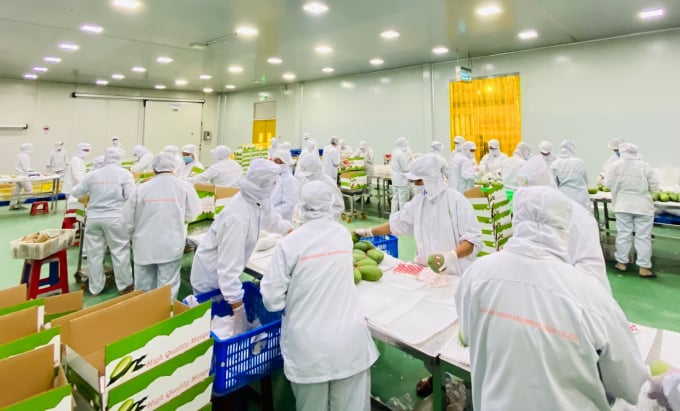
Preliminary processing of mangoes for export to the US market. Photo: Minh Dam.
Ngo Tuong Vy, Deputy Director of the company said the company had gained many achievements, especially since the company determined to build a brand name for frozen durian for the US market and some other markets although 2020 was a year with many difficulties due to the COVID-19 pandemic.
Thu said through surveys during her business trips, Thu found that Vietnamese frozen durian could completely compete with Thailand frozen durian in the US market.
“Since then, I decided to building the brand for Vietnamese frozen durian,” she said.
People often said that Vietnamese frozen and dried durian often used low-quality durians, however, the products that Chanh Thu made, especially durian, using the best quality fruit, Vy said.
The company had always prioritised co-operation with growers to build material areas that meet export standards over the past years, she said.
It was believed to be the right direction and a foundation to help the company in operating stably and developing amid the pandemic, she added.
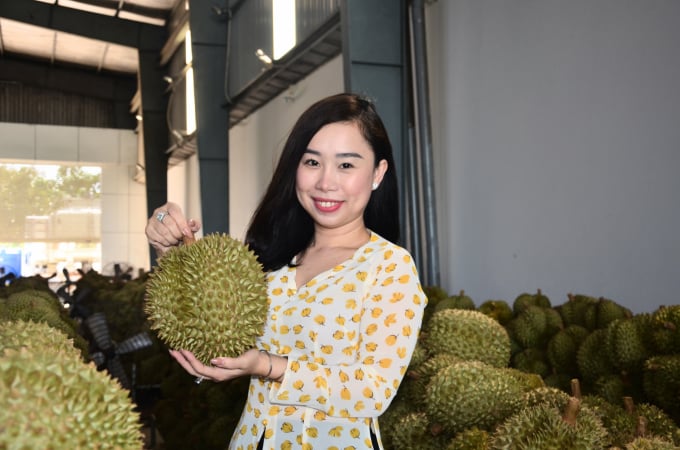
Durians prepared to be frozen for export to the US. Photo: Minh Dam.
Chanh Thu Company now has a production capacity of 20,000 tonnes of fruit per year. Currently, the company becomes the favourite partner of both domestic and foreign exporters.
The company builds prestige and quality on the specialty fruit area in Cho Lach District in Ben Tre Province. This is an affirmation for the right direction and the sustainable association that the company has been pursuing.
In the early days of doing a business, the company had grasped the increasing development requirements of the fruit export industry.
Since 2009, the company decided to establish growing areas and a packaging plant following GlobalGAP standards. The plant was officially run since early 2010 with an initial capacity of 5,000 tonnes per year.
The company’s fruit products are highly appreciated by customers for their quality. Therefore, the company always works very hard to collect and package fruit to meet deadline for export.
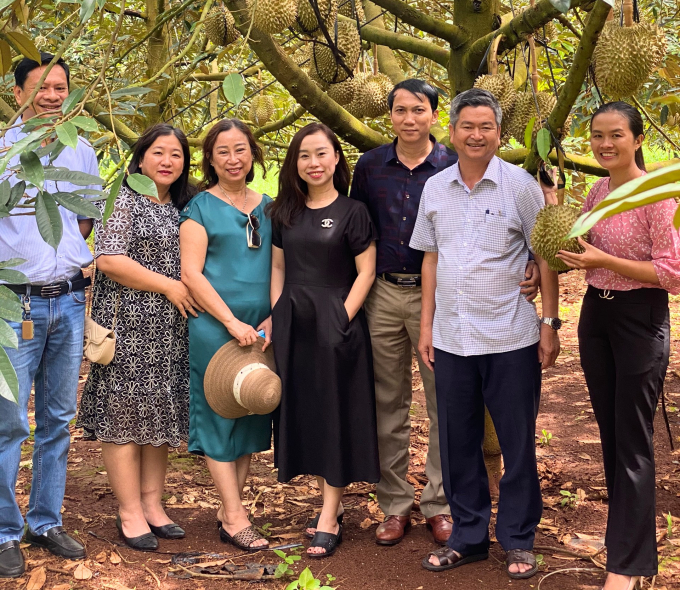
The durian growing area of Chanh Thu Company. Photo: Minh Dam.
Then, the company continued investing in setting up more growing areas and building another packaging plant with an area of over 4,000 sq.m that met standards of Food Safety System Certification(FSSC), GlobalGAP, VietGAP, and Food Standards Code of Australia, New Zealand and the US in 2016.
The plant has a system of freezing cold storage for preliminary processing, processing and packaging of Vietnamese fruit, contributing to product diversification.
The plant was officially put into operation in early 2018, bringing the company’s total production capacity of processing fruit up to 50,000 tonnes per year.
The company was granted the certificate of GlobalGAP standard for its rambutan packaging plant in Phu Phung Commune, Cho Lach District, Ben Tre Province since 2010.
In 2011, the company received the VietGAP certification for two packaging factories and Long Hoa Longan Co-operative in Binh Dai District, Ben Tre Province.
Notably, in 2012, the company was given a code by the US Department of Agriculture that allowed the company exporting fruit to the US market.
Chanh Thu is also a Vietnamese enterprise that successfully exported rambutan to the US market with an output of more than 200 tonnes in 2012.
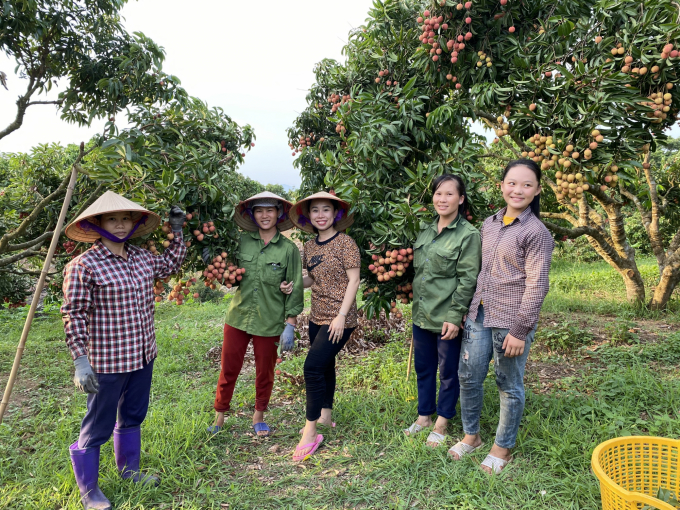
The lychee growing area of Chanh Thu Company meets GAP standards. Photo: Minh Dam.
During the period 2012-2016, the company expanded its fruit export to some demanding markets such as EU, US, Australia and Japan.
In 2019, the company was granted the fourth-version FSSC 22000 certification to meet global export standards, being the first enterprise to successfully export mangoes to the US market.
In 2020, the company received the Halal Certification from India (the certification states that the food or the products are permissible for the followers of Islam and no haram product or procedure is used while its manufacturing or processing) and received the fifth-version FSSC 22000 certification. Also in 2020, the company was the first successful lychee exporter to the Japanese market.
The company has continued establishing more areas to grow fruit in many provinces and cities across the country.
Vy said to make full use of all potential advantages, the role of co-operatives’ head was very important, the head of the co-operative must have enough ability and knowledge.

Workers process durian for export. Photo: Minh Dam.
It should have a team of young people, who were trained as assistants to the co-operatives’ head, she said.
The assistants would help the co-operatives’ head to smoothly run the co-operatives, she said.
The co-operatives would buy fruit from farmers on behalf of the businesses, she said.
“We strongly hope that the role of the co-operative will replace the role of the trader in this case,” she said.
It was necessary to have the consensus of each factor in the linkage chain in order to have a strong "Made in Vietnam" fruit product in the international market, she said.
As scheduled, the company will continue to co-operate with farmers to build farming areas that meet the standards of VietGAP, GlobalGAP and Food Standards Code of Australia, New Zealand and the US to ensure quality and safety from planting to harvesting in the future.

(VAN) Amidst the current intense competition, businesses must establish sustainable linkages, prioritize technological investments, build brand identity, and obtain international certifications.
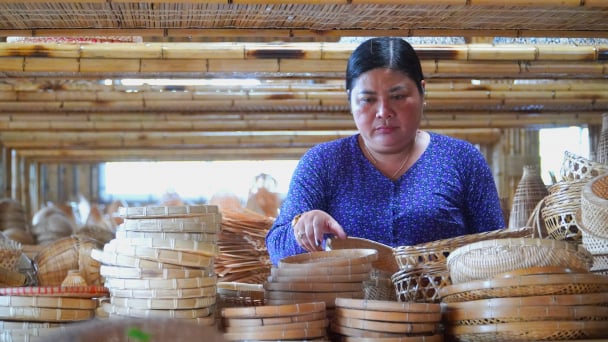
(VAN) As director of the Thuy Tuyet Bamboo and Rattan Handicraft Cooperative in Soc Trang, she has revitalized a traditional craft, generating sustainable livelihoods for hundreds of workers - particularly from the Khmer ethnic minority.
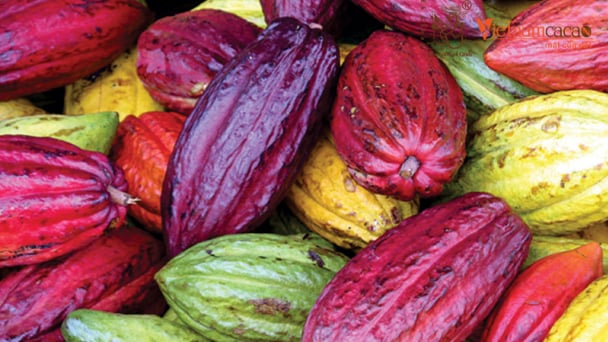
(VAN) Vietnam has been classified as a ‘low-risk’ country for deforestation under EUDR, granting local producers a strategic edge in sustainable market development.
/2025/05/19/2617-14-211139_18.jpg)
(VAN) Vietnamese bird's nest enterprises are eager to access the promising Chinese market; however, only those with thorough preparation, truthfulness, strict regulatory compliance, and consistent product quality will be positioned for success.
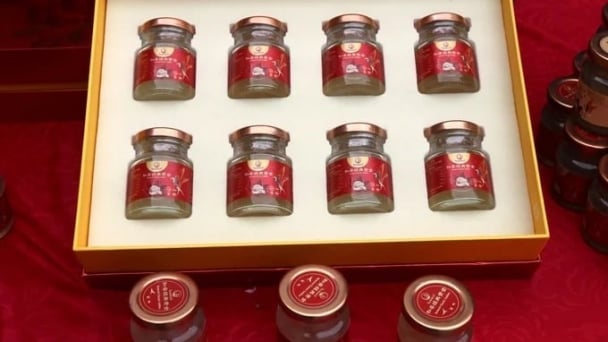
(VAN) For Vietnamese bird's nest products to penetrate deeply and sustainably into the Chinese market, it requires not only product quality but also strict compliance with the regulations on quarantine, traceability, and food safety.
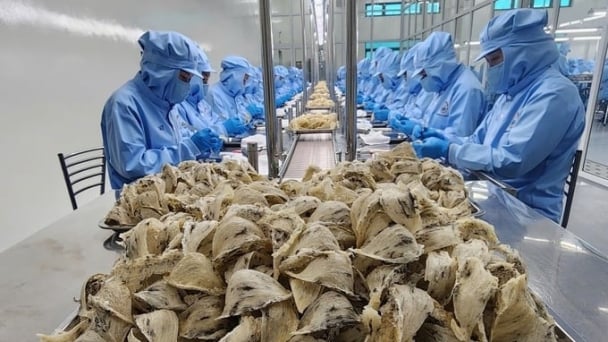
(VAN) As one of Vietnam's most high-value products, bird's nest is asserting its position on the national agricultural export map. China, with an annual demand of hundreds of tons, is considered the most promising market.
/2025/05/22/5250-1-184853_288.jpg)
(VAN) According to a representative from the Central Retail Vietnam, Vietnamese products such as seafood, sweet potatoes, dragon fruit, coffee, and spices hold great potential in the Thai market.